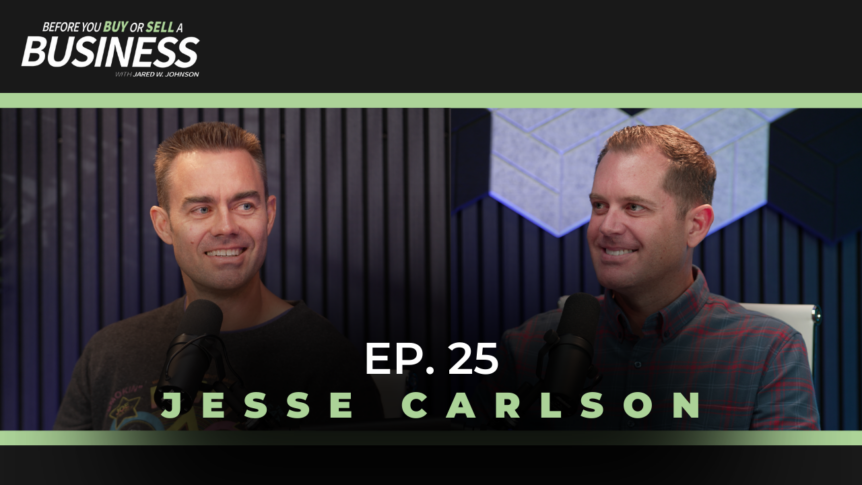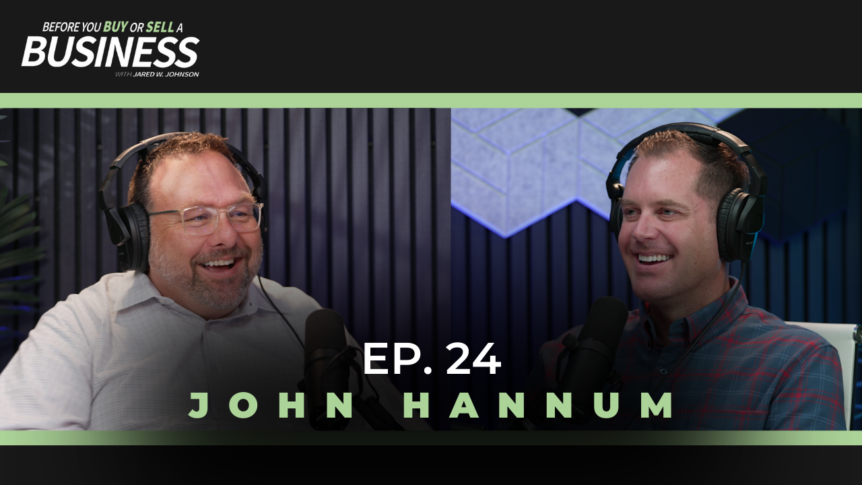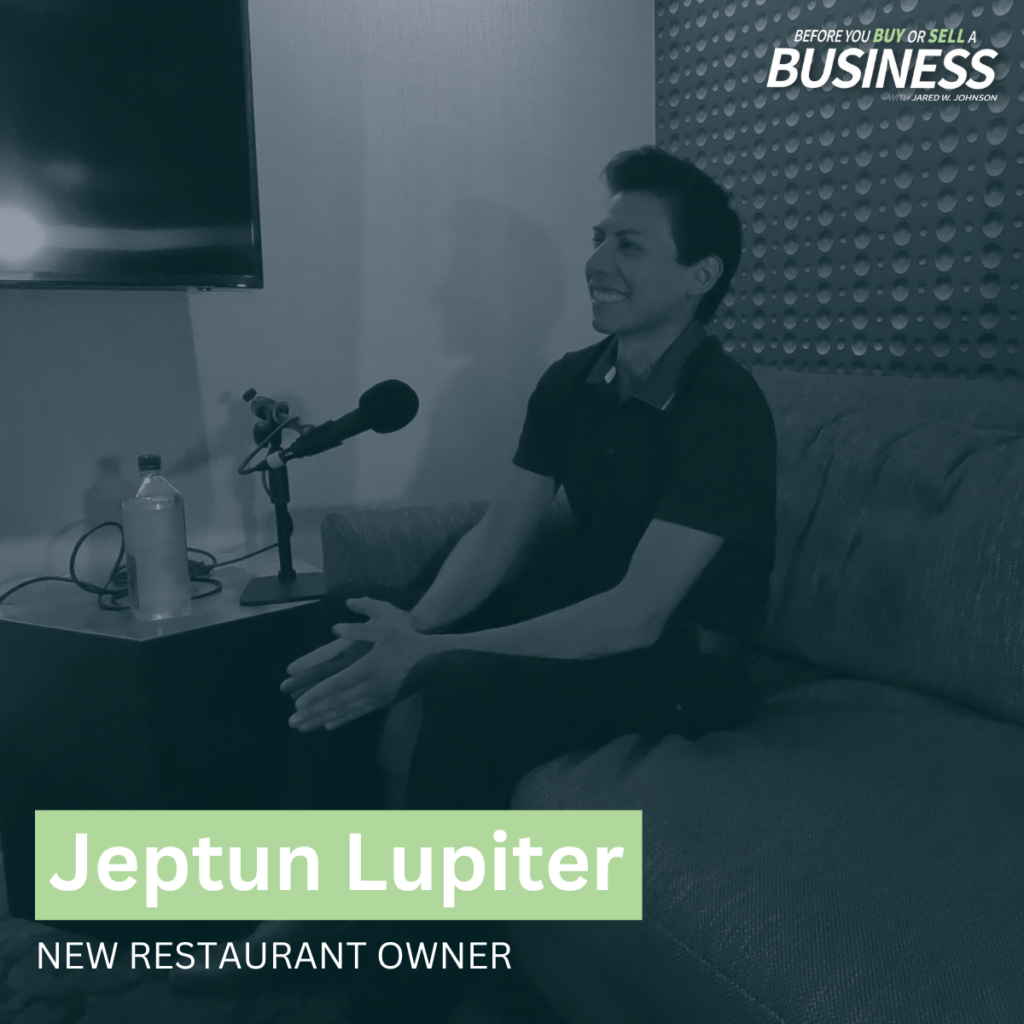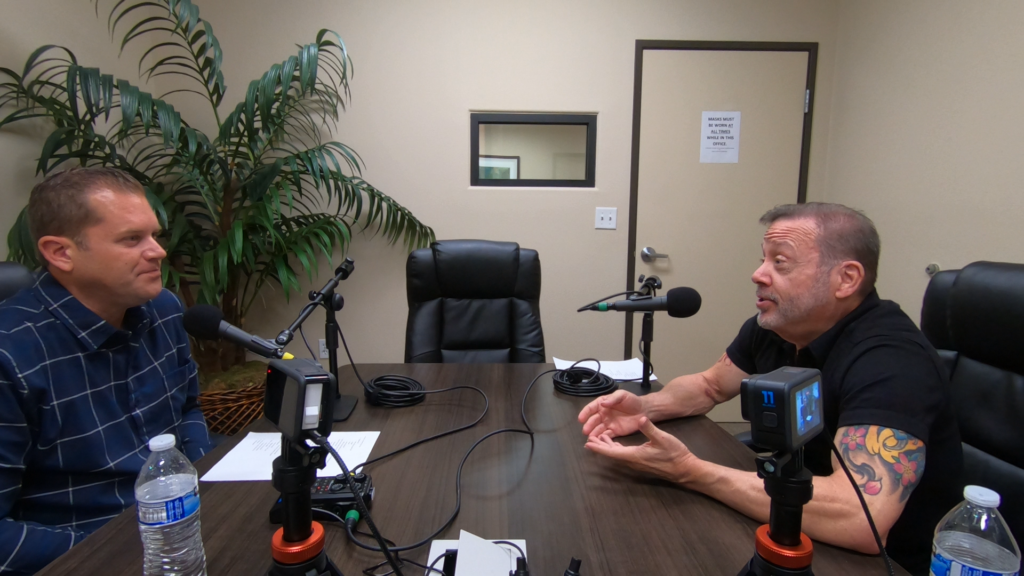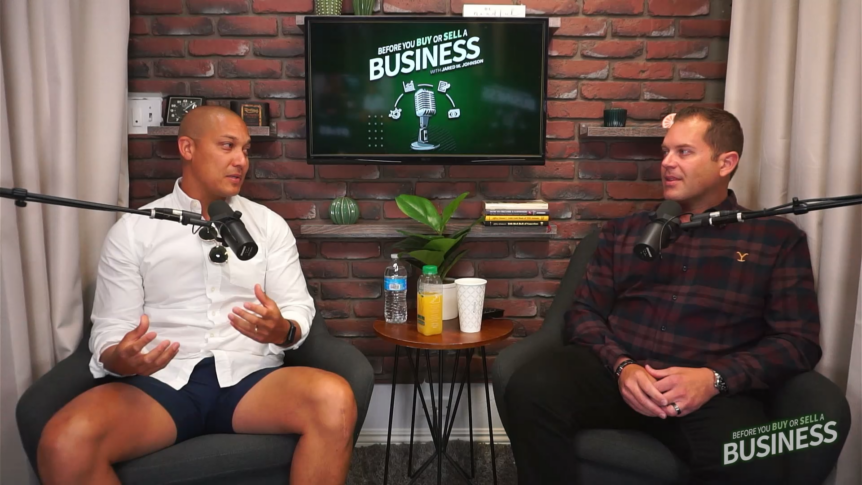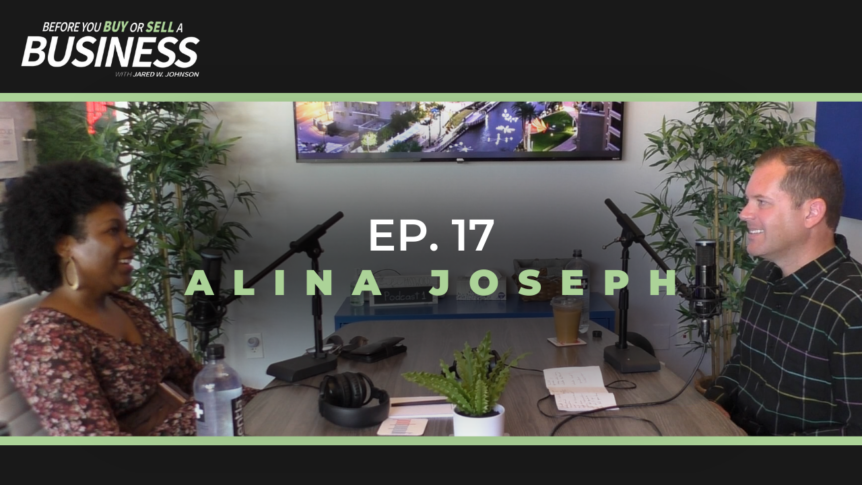Introduction
In this article, we delve into the world of business valuations with Ryan Hutchins, founder of Peak Business Valuations. With over 1200 business valuations conducted each year, Ryan shares his expertise on how to determine the value of a business, the different approaches used, and the factors that can increase a business’s value. We will explore key takeaways from a recent podcast interview with Ryan, providing valuable insights for business owners looking to sell or buyers looking to acquire a business.
Key Takeaways
- Business valuation is the process of determining the fair market value of a business, which is the price a willing buyer and seller would agree upon.
- There are three primary approaches to business valuation: the asset approach, the market approach, and the income approach.
- The asset approach focuses on the value of a business’s assets and liabilities, while the market approach looks at comparable transactions in the market. The income approach assesses the cash flow generated by the business to determine its value.
- Hiring a bookkeeper and ensuring accurate financial records is crucial to increasing the value of a business.
- Personal expenses should be separated from business expenses to provide a clear picture of the business’s financial health.
The Asset Approach
The asset approach is one of the three primary approaches to business valuation. It focuses on the value of a business’s assets and liabilities. However, this approach is more commonly used in liquidation scenarios rather than ongoing concern operating businesses. Ryan explains that the asset approach is not typically used for small businesses, as it does not take into account the future earning potential of the business.
According to Ryan, “The asset approach is not typically used for small businesses because it doesn’t take into account the future earning potential of the business.”
The Market Approach
The market approach is the most familiar approach to business valuation, as it is similar to how we assess the value of assets in our daily lives. Ryan explains that the market approach involves looking at comparable transactions in the market to determine the value of a business. Presently, this approach is commonly used for small businesses and involves analyzing the financials of similar businesses that have recently been sold.
Ryan states, “The market approach involves looking at comparable transactions in the market to determine the value of a business.”
When using the market approach, Ryan and his team set specific criteria to narrow down the comparable transactions. They consider factors such as revenue, profitability, and industry to select the most relevant transactions. They then analyze the financial ratios of these transactions to determine if the business they are valuing is performing better or worse than the comparable businesses.
The Income Approach
The income approach is another commonly used approach to business valuation. It focuses on the cash flow generated by the business to determine its value. Ryan explains that there are two primary methodologies within the income approach: the capitalization of cash flow or earnings and the discounted cash flow method.
But according to Ryan, “The income approach focuses on the cash flow generated by the business to determine its value.”
The capitalization of cash flow or earnings involves assessing the historical cash flow generated by the business and applying a cap rate to determine its value. The cap rate represents the perceived risk associated with achieving the cash flow on a year-over-year basis. Ryan compares the cap rate to the cap rates used in real estate transactions, as they are the most relevant industry for cap rates.
On the other hand, the discounted cash flow method involves projecting the future cash flows of the business and discounting them back to their present value. This method takes into account the time value of money and the risk associated with achieving the projected cash flows.
Increasing Business Value
When it comes to increasing the value of a business, Ryan emphasizes the importance of accurate financial records. Hiring a bookkeeper and ensuring that the financials are in order is crucial. Clear and accurate financial records provide a solid foundation for determining the value of a business and instill confidence in potential buyers.
Ryan states, “The first thing that I think you would agree with is hire a bookkeeper. Make sure you have someone going through your financials because if your financials are not in order, you can’t sell your business.”
Also, Ryan highlights the need to separate personal expenses from business expenses. Personal expenses should not be included in the financials of the business, as they do not reflect the true financial health of the business. By separating personal and business expenses, business owners can provide a clear picture of the business’s profitability and increase its value.
According to Ryan, “Personal expenses should not be included in the financials of the business, as they do not reflect the true financial health of the business.”
Recap and Insights
In conclusion, determining the value of a business is a complex process that requires expertise and careful analysis. By understanding the different approaches to business valuation and implementing strategies to increase business value, business owners can position themselves for success when it comes time to sell. Accurate financial records, separation of personal and business expenses, and a thorough understanding of the market are key factors in determining the business’s value. With the guidance of a business valuation expert like Ryan Hutchins, business owners can navigate the valuation process and maximize the value of their business.
Moreover, evident from Ryan’s insights that accurate financial records and the separation of personal and business expenses are crucial in determining the value of a business. Hiring a bookkeeper and ensuring that the financials are in order can instill confidence in potential buyers and increase the value of a business. Additionally, understanding the different approaches to business valuation, such as the asset approach, the market approach, and the income approach, can provide valuable insights into the fair market value of a business.
Looking into the Future
In the future, advancements in technology, such as AI, may enhance the business valuation process by automating certain tasks and improving research capabilities. However, the professional judgment and collaboration provided by experts like Ryan will continue to play a vital role in determining the value of a business.
Overall, business owners and potential buyers can benefit greatly from understanding the intricacies of business valuation and implementing strategies to increase the value of a business. With the guidance of experts like Ryan Hutchins, they can navigate the valuation process with confidence and maximize the value of their business.
To contact Ryan:
You can also watch or listen to the full episode on YouTube, Spotify, or Apple Podcasts.
______________________________________________________________________
If you have questions for Jared, visit JaredWJohnson.com
DISCLAIMER: The views and opinions expressed in this program are my own and/or those of my guests. They do not necessarily reflect the views or positions of my employer.


